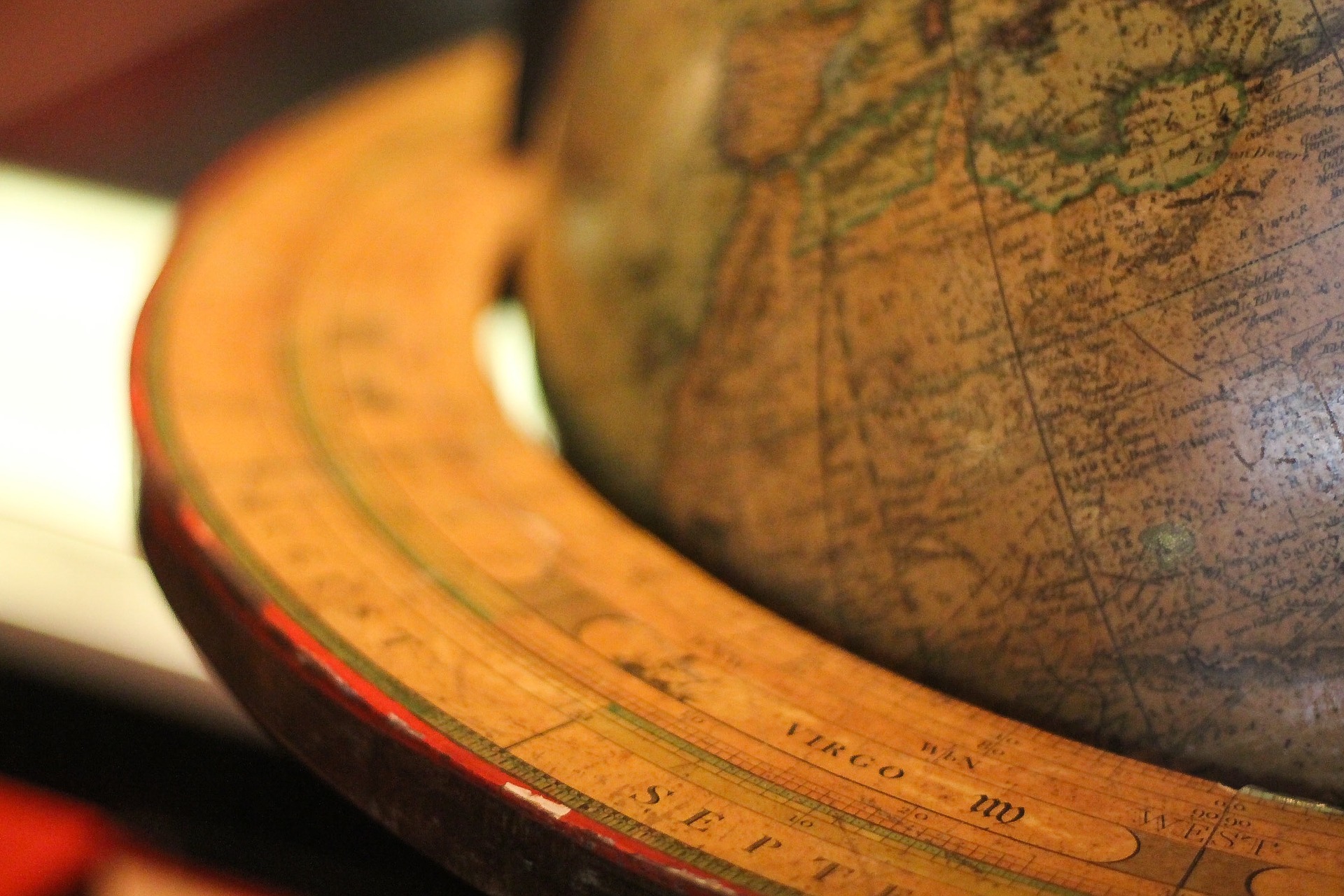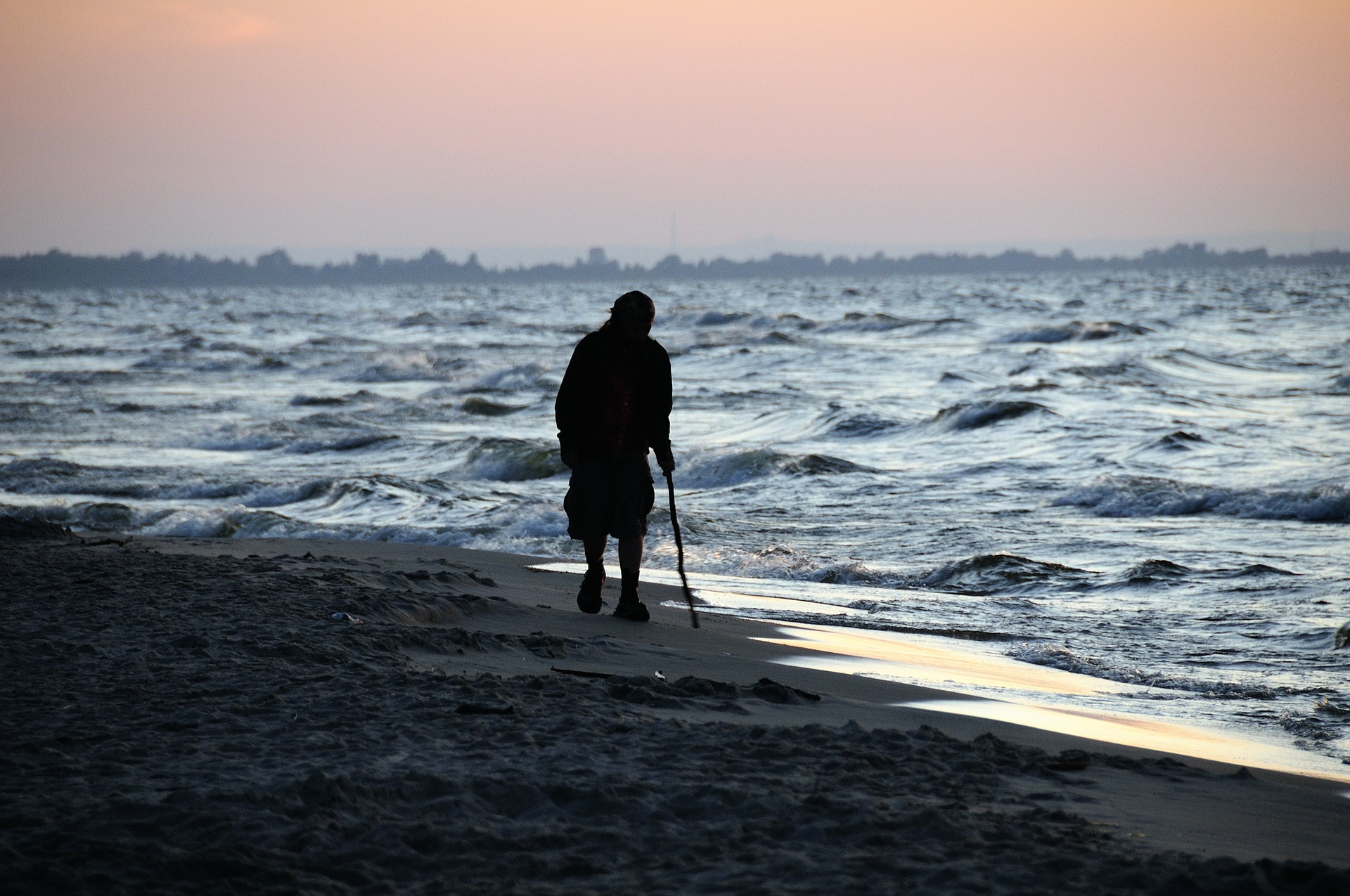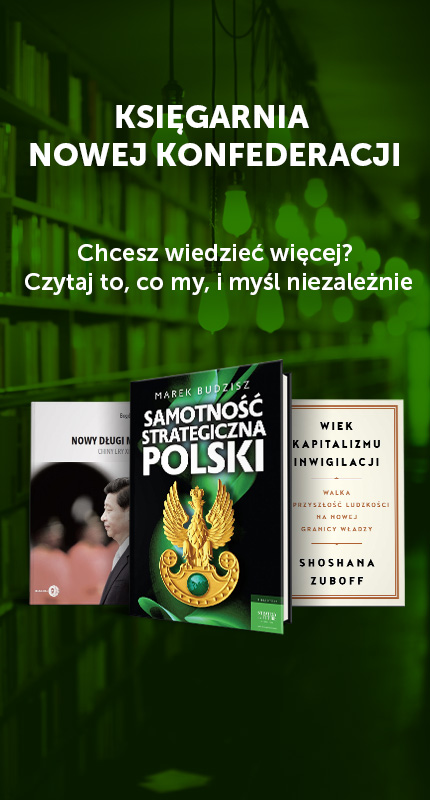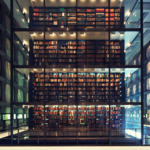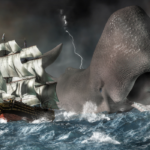
Nie masz czasu na zapoznanie się z całością artykułu?
Wystarczy, że klikniesz ikonę „oznacz artykuł do przeczytania później”. Wszystkie zapisane publikacje znajdziesz w profilu czytelnikaWHO in crisis

During the COVID-19 pandemic, the World Health Organisation has probably become the most important international organisation on a global scale. It is an example of an organisation which develops a number of standards which are then implemented by states and other international organisations, such as the EU. It is an expert organisation whose recommendations are not binding on states. However, its actual impact is enormous. Its recommendations become law and legitimise government actions. Thus, it is not democratic procedures, but expert standards that are becoming a source of public policy on an unprecedented scale. No wonder that the WHO has found itself at the centre of geopolitical competition between the US and China.
Legitimacy of public policy
In democratic systems, the source of power and legitimacy of public policy is the voters’ verdict. It is most often preceded by a public debate involving, in addition to political actors, experts as well as non-governmental organisations and think tanks. Nevertheless, it is the politicians who take responsibility for the policies implemented, and their source of legitimacy should be the voters’ verdict. This principle was abandoned many years ago mainly as a result of the growing complexity of the matter covered by public policy. For this reason, public administration was developed to provide a substantive basis for politicians. It was also supposed to ensure the continuity of strategic public policy even at times of changes at political level. The next step was to introduce administrative institutions with a non-politicised mandate, and thus to separate them from the influence of electoral changes. It was believed that certain areas of public affairs required strategic continuity and reliance on knowledge, and not on the will of the voters or, even worse, on those subject to political influence, which could be detrimental to the public good. The doctrine of technocratic institutions such as, for example, the central banks, which were supposed to be in charge of monetary policy regardless of government changes, was thus shaped. They were also supposed to guarantee the strategic continuity of public affairs, away from political volatility and particular tenders between political groups.
Increased political polarisation is pushing democracies astray. This is because it gives power over regulations and public policies, which have hitherto been the responsibility of democratic parliaments, to international organisations and the standards they create.
Another phenomenon that was common in modern democracy was strong political polarisation. In some countries, this has resulted in a blockade of the basic functions of the state, even in times of crisis, a time when, by definition, different political parties should unite in a common challenge. What is more, the divided political world has become repulsive for an increasing number of voters, and the policy of governments during electoral polarisation has been the subject of constant criticism. In this way, the mandate resulting from the elections has lost its legitimacy. Therefore, governments sought another formula to legitimise their policies. It turned out that international organisations could become a source of such legitimacy, which, of course, was important for justifying their own actions in national politics.
However, increased political polarisation is pushing democracies astray. This is because it gives power over regulations and public policies, which have hitherto been the responsibility of democratic parliaments, to international organisations and the standards they create. In this way, international experts who do not have any electoral mandate become a source of legitimacy for modern politics in many democracies. This creates a huge potential for numerous abuses.
The World Health Organisation (WHO) is an agency of the United Nations, which was founded in 1948. Its mission is to increase cooperation between states in the field of health care and combating epidemic diseases, and to set standards for the composition of medicines and food quality. In particular, it is intended to help less developed countries that have various deficits in health care. The WHO’s influence has been growing for some time now, especially in the context of new epidemics caused by infectious diseases. This is an example of an institution susceptible to various types of influence.
They include lobbyists associated with large pharmaceutical corporations. Financial support for the WHO by medical corporations translates into the possibility of promoting their goods on an unprecedented scale, and often also the purchase of medical supplies by this organisation to help developing countries, for example Africa. In 2010, journalists from the British Medical Journal discovered that scientists who made recommendations for the WHO on the swine flu pandemic were paid by pharmaceutical companies. The result of their work has brought enormous benefits to the industry. On the other hand, GlaxoSmithKline contributed a total of USD 24 million to the organisation’s budget between 2012 and 2015. In addition, the WHO budget also received smaller donations from subsidiaries of the concern, such as GSK Biologics. The concern is a manufacturer of Nicorette, the most popular nicotine replacement product. Another global pharmaceutical company that has regularly supported the WHO financially is Novartis AG, which is famous for its manufacture of nicotine patches. The company contributed almost USD 10 million to the WHO between 2013 and 2014. Hoffmann-La Roche, on the other hand, supported the organisation with almost USD 11 million over the same period.
In 2016, representatives of the WHO met as part of the World Health Organisation Framework Convention on Tobacco Control (FCTC) in the Maldives. Subsequent meetings on the anti-tobacco policy were held in the famous Montego Bay resort in Jamaica and Mauritius, both in 2019. A few months after these conferences, the WHO published a document on the harmfulness of innovative tobacco products. It criticised, among other things, products that were competing with Nicorette and nicotine patches.
Moreover, the organisation often gives rise to international regulations. This was the case with the ban on menthol cigarettes, which was introduced throughout the European Union. The idea of banning these cigarettes came from the WHO. Notwithstanding the harmfulness of cigarettes and the WHO’s worthy commitment to combating this addiction, it is also an excellent business opportunity for some corporations that can effectively seek influence in this international organisation.
There also seems to be an unwritten agreement within the framework of the WHO that funding from the Member States, the largest from some Western countries, translates into support for medical corporations coming from those countries. This has so far created a privileged position for American and Western European corporations. Over time, this has also increasingly affected Chinese companies. The growing influence of the PRC in this organisation was not insignificant.
The Bloomberg Foundation provided almost USD 55 million to the WHO between 2014 and 2019. It is hardly surprising that many WHO documents have included phrases known from the political activities of the left wing, referring to women’s rights in the area of abortion, the rights of sexual minorities, sexual education of children starting from pre-school age, and so on.
Important lobbying actors for the WHO include rich foundations, which often have political objectives. These are, for example, institutions which combine health policy objectives with a preference for a particular world view or political values. Within the framework of democracy, they are most often represented by left-wing or liberal groups. However, by means of international lobbying, such foundations can avoid electoral processes by using the authority of an international organisation and disseminate their ideas as a legitimate expert standard.
One of the largest sponsors of the WHO is the Bill and Melinda Gates Foundation, known for its support for pro-abortion movements and its promises to provide billions in investment to promote access to contraception. Between 2018 and 2019, the Gates organisation supported the WHO with almost USD 600 million. This is reflected in many of the organisation’s activities, which have promoted abortion and medical resources or devices to facilitate the whole process.
Donations to the WHO were also made by Michael Bloomberg through his foundation, who, in his election programme for the post of President of the United States in 2019, has fought for the recognition of LGBTQ+ rights and the right to abortion as a human right. The Bloomberg Foundation provided almost USD 55 million to the WHO between 2014 and 2019. It is hardly surprising that many WHO documents have included phrases known from the political activities of the left wing, referring to women’s rights in the area of abortion, the rights of sexual minorities, sexual education of children starting from pre-school age, and so on.
Geopolitical competition
International organisations, with their growing power and authority, are becoming a tempting target for superpowers that want to increase their influence on a global scale and build their own status in international relations. This applies above all to the PRC, an emerging superpower that aspires to become a leading geopolitical player in the world. For many years, various international organisations have been under increasing Chinese influence. An example was the International Monetary Fund (IMF), where the capital share and voting power of the PRC have increased, and Yuan has been included in the prestigious currency basket, using the IMF’s unit of account, so-called Special Drawing Rights (SDRs). The influence of the Middle Kingdom in the WHO has also increased. First, from 2007 to 2017 a Chinese physician called Margaret Chan was the CEO of this organisation, and then the Chinese authorities were instrumental in electing her successor Tedros Adhanom Ghebreyesus. He is regarded by many commentators as an advocate of Chinese interests in the organisation.
When the US authorities and other Western countries complained that China was not providing information on the coronavirus pandemic, the WHO claimed that the PRC was doing an exemplary job of providing information and, moreover, of providing medical assistance to other countries affected by the pandemic. When the SARS epidemic broke out in 2003, the then head of the WHO, a Norwegian politician called Gro Harlem Brundtland, publicly accused the Middle Kingdom of hiding information from the rest of the world. The accusations against the PRC are nothing new. Nevertheless, in 2020 the WHO’s approach to this country has changed. Back in February 2020, the organisation maintained that the virus is not transmitted from person to person and thus vigorously opposed any action to restrict air transport, above all from and to China. At the same time, Chinese diplomacy has pressed other countries not to introduce any restrictions on Chinese travellers. This happened even after the quarantine measures in China had begun.
The intelligence agencies of the USA, Canada, the United Kingdom, Australia and New Zealand developed a joint report in which they accused China of hiding the epidemic, and the WHO of continuing to pass on the information received from the Chinese authorities without even trying to verify its accuracy. The Deputy Prime Minister of Japan, Taro Asos, accused the organisation of misinforming about the course of the epidemic in China and blocking Taiwan’s admission to the WHO. He also said that the organisation should be called the ‘Chinese Health Organisation’. In fact, the PRC had already successfully lobbied for Taiwan to leave the organisation (of which it was a founder member) and then to reject repeated requests to restore Taiwan’s status at WHO.
The US authorities decided to punish the WHO for having made too many mistakes during the pandemic, but more importantly, for leaning too much in favour of Chinese influence. In this way, the WHO became an audience of geopolitical competition between the two superpowers
On the other hand, Australia’s Foreign Minister, Marise Payne, has called for an independent international investigation into the origins of the COVID-19 epidemic. She also said that her country shares some of the concerns about the proceedings of the World Health Organisation . Emily Haber, German ambassador to the US, accused Beijing of a lack of transparency. The President of the European Commission, Ursula von der Leyen, also stated in May 2020 that the international community should investigate how the coronavirus pandemic started independently of the WHO.
The Americans were most critical of the organisation. Republican senator Josh Hawley considered the WHO to collaborate with the Communist Party of China. President Donald Trump accused the organisation of being too sinocentric. In April 2020, he decided to stop the federal budget funding of the WHO. The US has so far been the largest contributor to the organisation. The country’s annual subsidy exceeded USD 400 million.
However, at the same time, the second largest donor to this organisation is the Gates foundation. In this way, the citizens of the USA generously support an international organisation with which the American state has entered into open conflict. This may be the right attitude from the perspective of solving global health problems, but it is certainly difficult to explain during geopolitical competition. It is difficult to imagine a similar situation on the part of China – that in such a strong conflict, Chinese citizens would act against the Chinese Communist Party. Meanwhile, this is quite understandable in democracies, especially if they are as polarised as the US. This is yet another proof that a democratic system can hinder the ruthless geopolitical rivalry we faced at the beginning of the 21st century.
The US authorities decided to punish the WHO for having made too many mistakes during the pandemic, but more importantly, for leaning too much in favour of Chinese influence. In this way, the WHO became an audience of geopolitical competition between the two superpowers. The EU, as usual, seems lost in this fight. On the one hand, it demands an investigation into the origins of the pandemic. On the other hand, it is undertaking multilateral cooperation with the WHO in order to speed up the fight against coronavirus. At the beginning of May 2020, it organised an international conference combined with the collection of funds for research into vaccine and other COVID-19 countermeasures. Significantly, neither the US nor China took part in the meeting. Thus, the world has been geopolitically divided during the pandemic and there is no cooperation between the superpowers similar to that of the economic crisis of 2007-2008.
Translation financed by the National Freedom Institute – Centre for Civil Society Development from the Civil Society Organisations Development Programme for 2018-2030

Tłumaczenie sfinansowano przez Narodowy Instytut Wolności – Centrum Rozwoju Społeczeństwa Obywatelskiego ze środków Programu Rozwoju Organizacji Obywatelskich na lata 2018-2030

Zobacz
The idea of “Solidarity” has been killed in Poland after 1989. Law and Justice fills this space only rhetorically
The tragedy of Poland is that it had to conform to the demands of the international Western community. It had to become aggressively capitalist and corporatist and it could not assert its independence. Jarema Piekutowski interviews Maurice Glasman
Khanna: Just because I'm a geopolitician by education, does not mean I'm an ideologue. Conectivity today is a battlefield for influence
Is Parag Khanna the second Fukuyama? Will we see a brutal race for the greatest possible connectedness? Or will conectivity bring peace, reduce the number of classic warfare? What will be the role of the West in this competition, and how much will the Belt and Road initiatives mean? Will nation-states fade away in favor of tribalism?
A Tale of Two Monsters and Four Elements: Variations of Carl Schmitt and the current global crisis
We have a class of scientific technocrats directing the work of a class of politicians without honour, who utterly subordinate everyone else. Only a spiritual revolution will save us now
India is, and will be a non-aligned power in the New Cold War
India is a non-aligned power; this move not only protects its own varied relations (as seen with India-Russia ties and even India-China bilateral) but also allows it to provide guidance and support to smaller economies in Asia and the Indo-Pacific
The Sino-Russian relationship should not be seen as an alliance of revisionist powers
Chinese do not feel comfortable with the seemingly endless “endism” produced by Western intellectual elites, be it Fukuyamanian “end of history” at the end of the Cold War, or the recent variant of the “end” of the so-called liberal international order (LIO)










